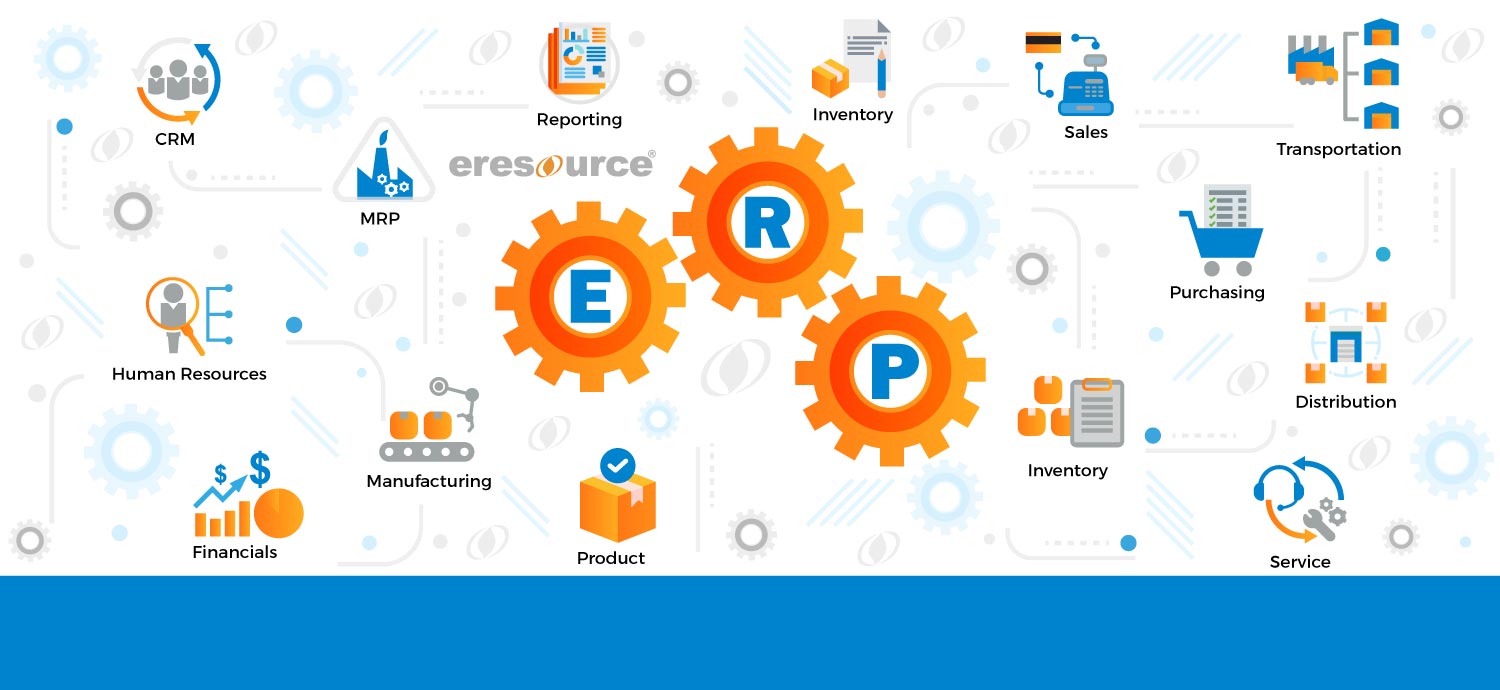Advantages of ERP System:
Effective ERP systems in many organizations it is the accounts and finance departments which are the biggest supporters of the ERP implementation. This is because by using the sales and operations planning process, they will be able to tie financial implications to the forecasts and determine where the organization should be headed financially for the period, year or even longer. This information can be used to ensure that you meet bank and growth forecasts and increase the organisation’s value.
For any organization, if you can achieve the sales targets the departmental budgets generally fall in line so that profit goals are met. Use this process to plan for profits, and growth or to manage through difficult periods.
It is a fact that it is easier to implement accounting applications than those for resource planning. This is because less time is typically required for process definition and also because the implementation path is more straightforward. Most companies that have some sort of computerized information system would have computerized their finance and accounting processes. The reasons for this are based on the relative immaturity of effective formal resource planning and scheduling processes versus the high degree of maturity on the finance and accounting side.
Finance and accounting people have an important role to play in ERP implementation projects. In addition to implementing their new processes, they have a role to play on the ERP executive committee, the project team and spin-off task forces.
They will need to devote some time to getting educated on the ERP system. They must understand the logical structure of ERP benefits to be achieved from running the business with only one set of numbers and the competitive advantage that highly effective ERP can provide.
Also Read – ERP System for Trading Company
Categories
Register for Free Demo!
Recent Post
-

eresource ERP 360 - an
11th Apr 2019 -

A competitive ERP system for
17th Apr 2019 -

Auto components manufacturing industry has
17th Apr 2019 -

Make the best use of
17th Apr 2019







